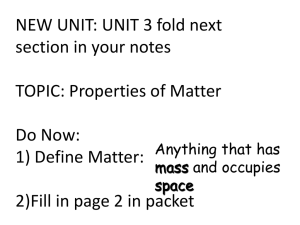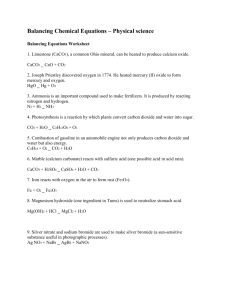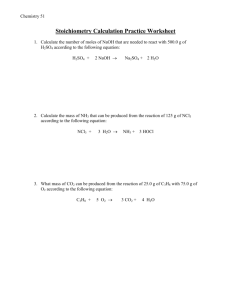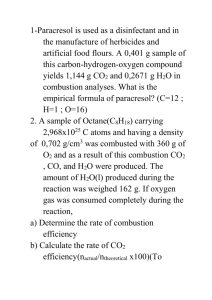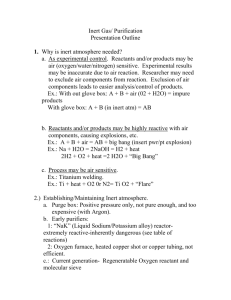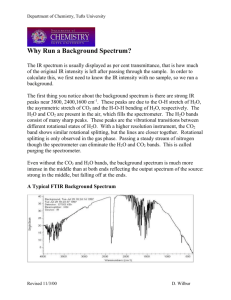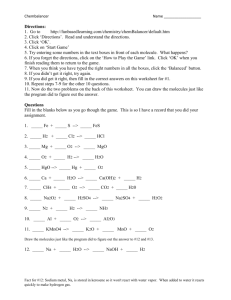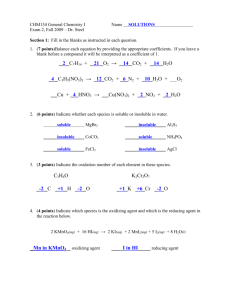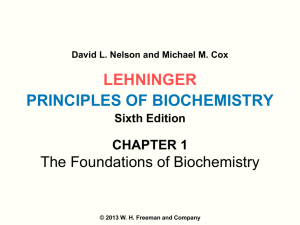Liberty Metals_Questions
advertisement
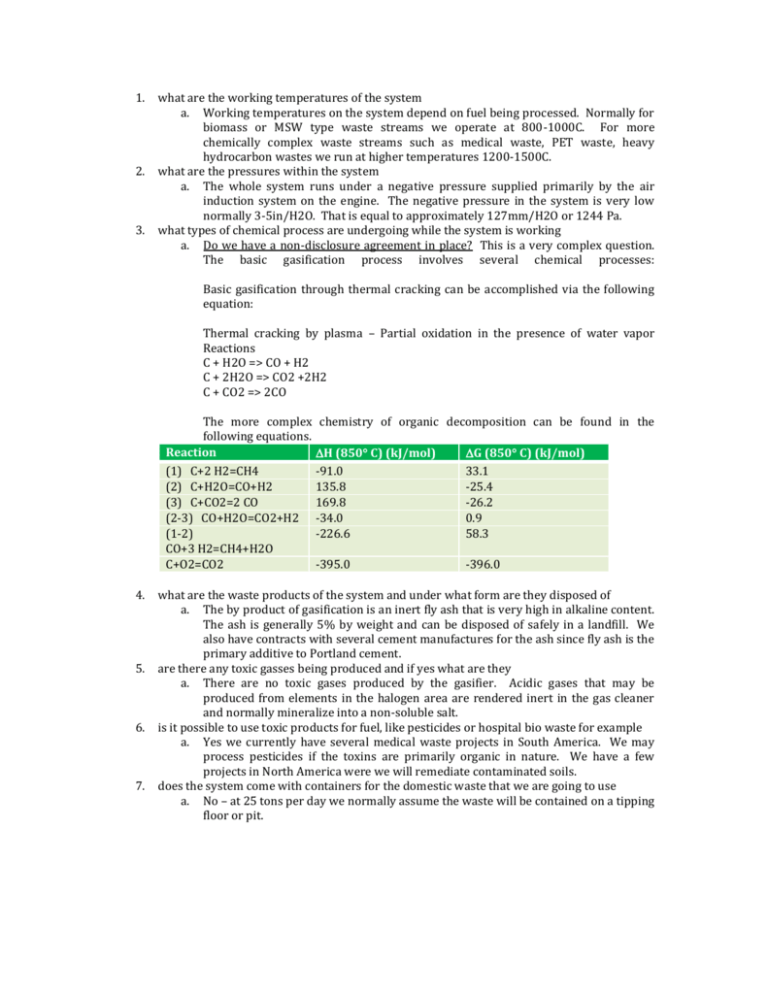
1. 2. 3. what are the working temperatures of the system a. Working temperatures on the system depend on fuel being processed. Normally for biomass or MSW type waste streams we operate at 800-1000C. For more chemically complex waste streams such as medical waste, PET waste, heavy hydrocarbon wastes we run at higher temperatures 1200-1500C. what are the pressures within the system a. The whole system runs under a negative pressure supplied primarily by the air induction system on the engine. The negative pressure in the system is very low normally 3-5in/H2O. That is equal to approximately 127mm/H2O or 1244 Pa. what types of chemical process are undergoing while the system is working a. Do we have a non-disclosure agreement in place? This is a very complex question. The basic gasification process involves several chemical processes: Basic gasification through thermal cracking can be accomplished via the following equation: Thermal cracking by plasma – Partial oxidation in the presence of water vapor Reactions C + H2O => CO + H2 C + 2H2O => CO2 +2H2 C + CO2 => 2CO The more complex chemistry of organic decomposition can be found in the following equations. Reaction H (850 C) (kJ/mol) G (850 C) (kJ/mol) (1) C+2 H2=CH4 -91.0 33.1 (2) C+H2O=CO+H2 135.8 -25.4 (3) C+CO2=2 CO 169.8 -26.2 (2-3) CO+H2O=CO2+H2 -34.0 0.9 (1-2) -226.6 58.3 CO+3 H2=CH4+H2O C+O2=CO2 -395.0 -396.0 4. 5. 6. 7. what are the waste products of the system and under what form are they disposed of a. The by product of gasification is an inert fly ash that is very high in alkaline content. The ash is generally 5% by weight and can be disposed of safely in a landfill. We also have contracts with several cement manufactures for the ash since fly ash is the primary additive to Portland cement. are there any toxic gasses being produced and if yes what are they a. There are no toxic gases produced by the gasifier. Acidic gases that may be produced from elements in the halogen area are rendered inert in the gas cleaner and normally mineralize into a non-soluble salt. is it possible to use toxic products for fuel, like pesticides or hospital bio waste for example a. Yes we currently have several medical waste projects in South America. We may process pesticides if the toxins are primarily organic in nature. We have a few projects in North America were we will remediate contaminated soils. does the system come with containers for the domestic waste that we are going to use a. No – at 25 tons per day we normally assume the waste will be contained on a tipping floor or pit.

